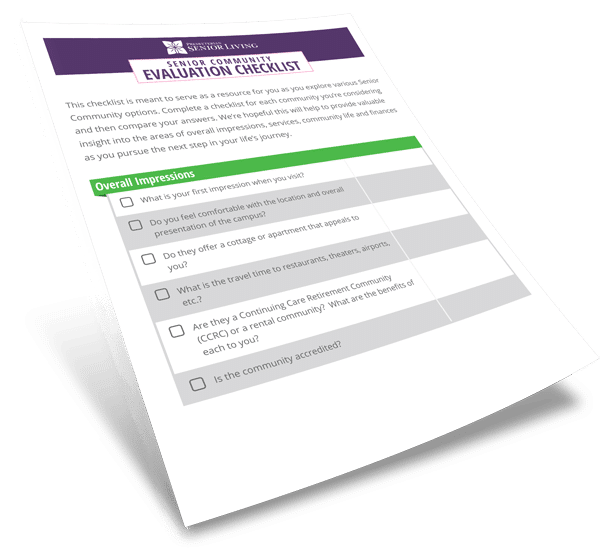Giving voice to the topics that mean the most to those who matter the most.
Community Experience | Health & Aging
Today’s retirement years are no longer something that simply “happens” to you. It’s something you shape. Aging is no longer about slowing down or settling. It’s about thriving in a new and meaningful chapter of life.
Share
Growing older isn’t just about counting years. It’s about deepening joy, strengthening purpose and embracing the life you’ve built.
Share

Subscribe to the Presbyterian Senior Living blog and receive our free Community Evaluation Checklist to ensure you ask what’s most important to you.
A New Year arrives like a blank page-untouched, open, and full of potential. As the calendar turns and the New Year starts, many of us feel a renewed sense of hope, purpose, and possibility.
Share
Community Experience | Health & Aging
At PSL, we strive to be a trusted resource: offering guidance, insights and meaningful content that supports confident, informed aging. As we look back on 2025, certain blog topics resonated deeply with older adults, families and those exploring the benefits of a Life Plan Community.
Share
The holiday season is filled with giving, gratitude, and meaningful traditions. We search for gifts that communicate love. Gifts that bring comfort long after the wrapping paper is recycled. Yet some of the most powerful gifts we can give aren’t tangible at all. They can’t be bought, boxed, or tied with a ribbon.
Share
It’s an unfortunate reality that the risk of developing some form of dementia rises as you grow older. According to the Alzheimer’s Association, an estimated 55 million people worldwide live with dementia, with Alzheimer’s disease being the most common type. And Alzheimer’s Association research shows that the greatest risk factor for developing the disease is age:
Share